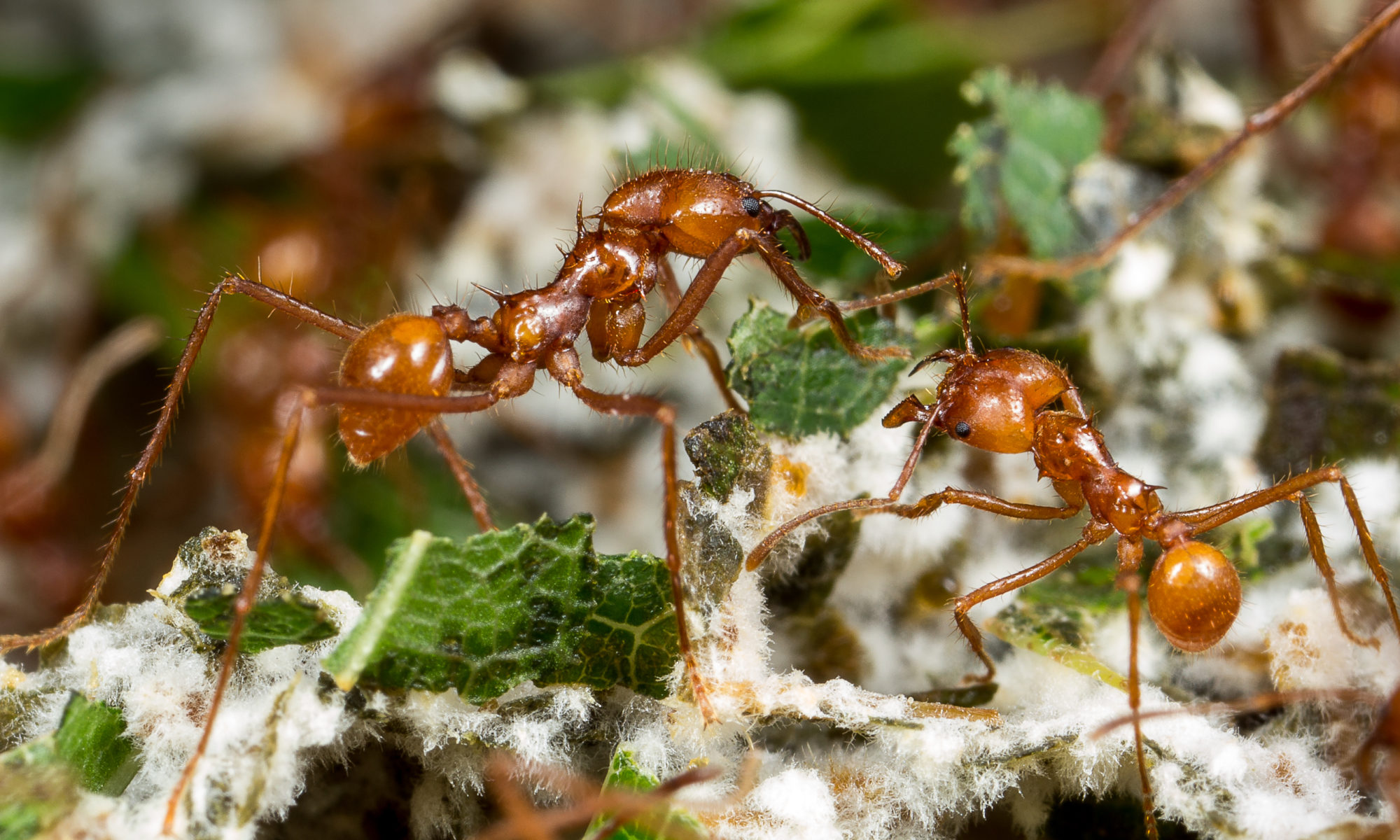In a presentation for my Genomics & Proteomics class, my classmate and I presented on Queen Mandibular Pheromone (QMP). It is the single most important pheromone in the colony and has profound effects on both the gene expression and physiological aspects of a colony’s workers.
The main function of QMP is to enhance the expression of “nursing genes”. Nursing genes result in the production of what is known as vitellogenin (Vg).
Vg is responsible for producing hemocytes, which are immune cells in their blood, regulating reproductive abilities of workers, and increases longevity by having antioxidant effects. In addition, it causes worker bees to remain the hive while also restraining their mental capabilities (which will be discussed in the next post).
Hemocytes are responsible for eliminating threats in the hemolymph of insects and does its job effectively. However, as the workers get older, their responsiveness to QMP diminishes: Vg is less prevalent in their bodies and is replaced by juvenile hormone (JH), hemocyte production is replaced by antibacterial peptide biosynthetic processes, and the mushroom bodies of their brains begins to develop.
